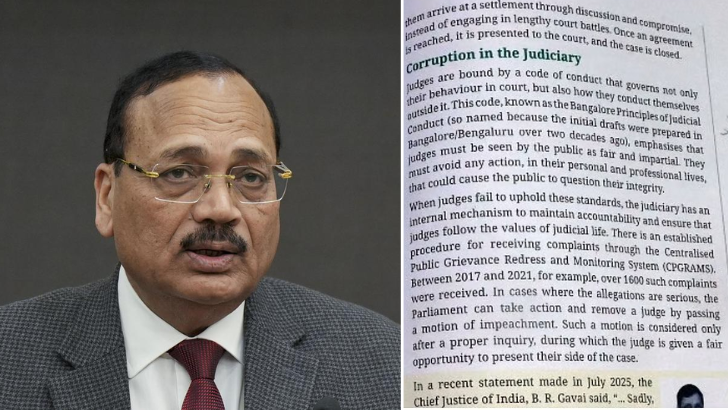Madras HC affirms wife's sexual autonomy cannot be used as grounds for divorce
Emphasizing on a woman's right to privacy and sexual autonomy after marriage, the high court ordered that a husband cannot seek divorce merely because his wife watches porn or indulges in self-pleasure
.png)
Chennai, 20 March,
A division bench of Justices GR Swaminathan and R Poornima ruled on 19 March that a husband cannot seek divorce from his wife on the ground that she has watched porn or indulged in self-pleasure and masturbation. The Court observed that after marriage a woman becomes a spouse but retains her individual identity. Stating, "While masturbation among men is acknowledged to be universal, masturbation by women cannot be stigmatized."
The plaintiff sought divorce from his wife alleging that her actions amounted to cruelty. His primary request for divorce was rejected in a family court in Karur district of Tamil Nadu on February 6. Ergo, he went on to challenge the verdict in the Madras High Court.
The bench noted that porn portrays women in a derogatory manner and watching porn may have a negative impact on the viewer in the long run. Hence, it cannot be morally justified. In any case, a woman retains the right to privacy, including elements of her sexual autonomy, from her husband even after marriage. "So long as something does not fall foul of law, the right to express oneself cannot be denied. Self-pleasure is not a forbidden fruit; its indulgence shall not lead to a precipitous fall from the Eden garden of marriage.", it was decreed.
Ultimately, the court found that the petitioner had failed to demonstrate any actionable ground to seek divorce under Section 13(1)(ia) of the Hindu Marriage Act. "Unless it is shown that cruelty has been inflicted on the petitioner, the conduct of the respondent cannot attract Section 13(1)(i-a)," the bench said.
Leave a Reply
Your email address will not be published. Required fields are marked *



















